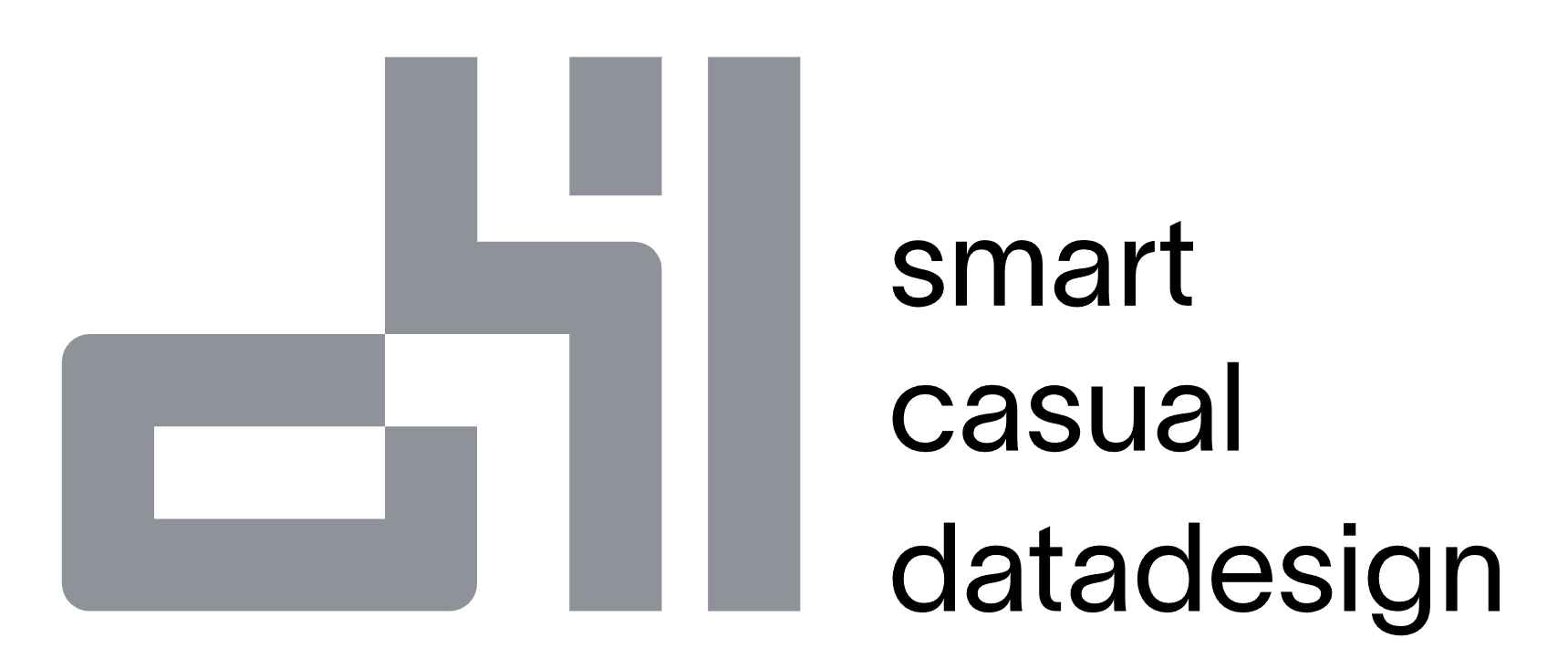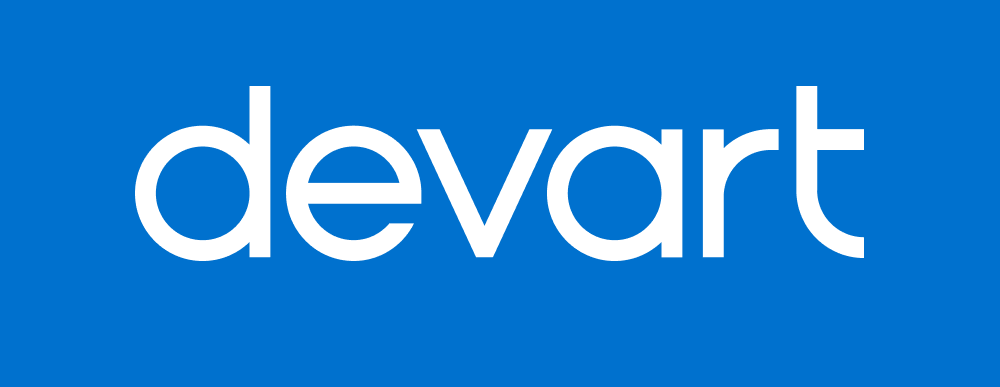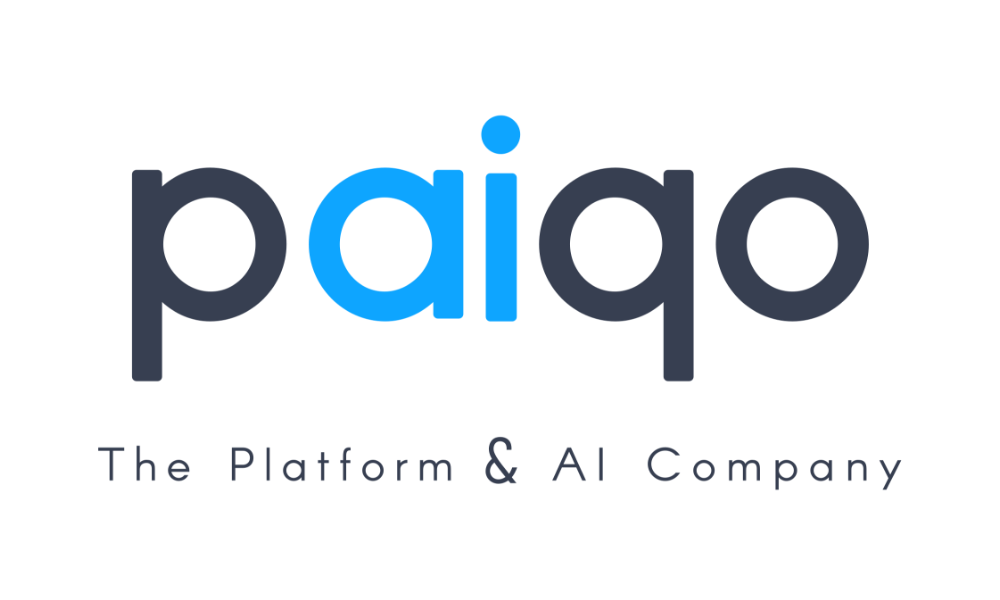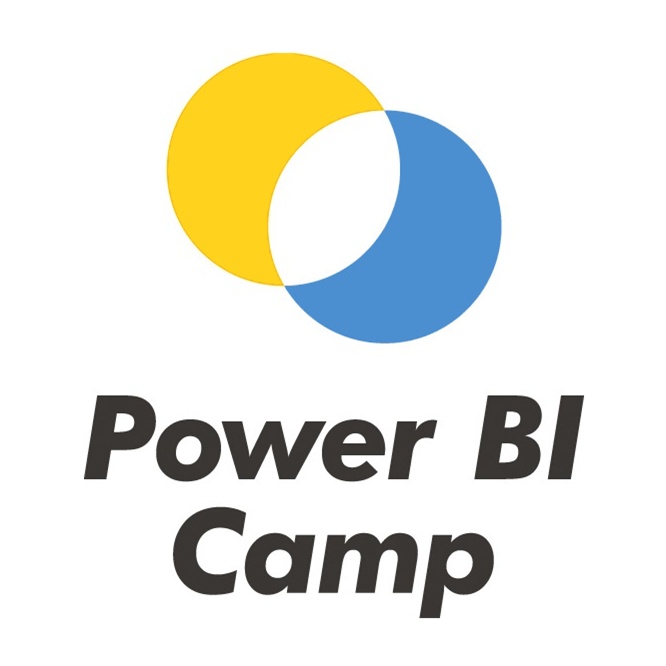
Pre-conference workshop
Execution Plans in Depth
with
Hugo Kornelis

For troubleshooting slow queries, looking at the execution plan is a good starting point. But sometimes, just looking at the plan does not help. Sometimes you need to dig deeper. In this full-day pre-con session, you will learn everything you need to be take your understanding of execution plans to the next level. For almost every operator you can encounter in an execution plan, we will look at the inner workings, and look at properties that can affect their performance. We will also look at how operators in a plan interact with and affect each other. Aside from explaining all of the common operators, we will also touch on several operators that were introduced or modified in the newer versions of SQL Server. In short: After this pre-con, you will be better prepared to look at execution plans, find the spot where it hurts, and then rewrite your query to get a faster execution plan. If you have seen some execution plans but feel you need to bring your understanding to the next level, then this pre-con is for you.
Wrangling Data with Python – The Fabric Way
with
Tillmann Eitelberg
 Tom Martens
Tom Martens

This one-day preconference offers a structured and hands-on introduction to working with data in Microsoft Fabric using Python. The focus is on understanding core components, applying Python in a Fabric-native context, and building reproducible, production-ready data workflows. We begin with the foundational architecture of Microsoft Fabric: what a Lakehouse is, how Delta Tables are used, and how Spark operates within Fabric. Core Spark concepts will be explained without diving too deeply into internal mechanics, providing a clear understanding of how Fabric executes workloads. Next, we shift to Python. After a brief recap of essential syntax, we focus on key programming principles relevant to data engineering. We also introduce essential libraries commonly used in Fabric-based workflows. With this foundation in place, participants will move into guided hands-on exercises. These include developing data transformation and integration processes using both Python and Spark notebooks in Fabric. We’ll compare the notebook types, discuss the characteristics of different DataFrame implementations, and explain how Compute Units (CUs) influence execution performance. In the next phase, we explore the benefits of combining Spark with other Fabric services, particularly Power BI. This includes an introduction to Semantic Link - demonstrating how transformed data can be connected to semantic models for reporting. Both technical integration and practical design considerations will be discussed. The final part of the day focuses on development workflows using Visual Studio Code - locally and in the browser. We compare VS Code-based development with Fabric notebooks, highlight useful extensions, and explain scenarios where working outside the Fabric UI offers additional flexibility.
Git and CI/CD mastery inside Fabric Data Engineering
with
Jan Chlebek
 Michal Kachniarz
Michal Kachniarz
 Przemyslaw Harazny
Przemyslaw Harazny
 Estera Kot
Estera Kot

Modern data engineering demands more than just building pipelines—it requires robust version control, seamless collaboration, and reliable deployment across environments. Yet, many teams struggle to manage complex Microsoft Fabric solutions across development and production stages. This hands-on workshop solves that problem by guiding you through a complete, end-to-end implementation of a data engineering solution using Microsoft Fabric. You'll learn how to integrate Lakehouse, Spark Notebooks, Warehouses, Data Pipelines, Semantic Models, and Power BI into a cohesive system—all under Git source control and deployed through automated CI/CD pipelines using modern tooling. What you'll master: 1. Infrastructure as Code - Deploy and manage Fabric workspaces, capacities, and security configurations using Terraform 2. Command-line automation - Leverage fabric-cli for scripted workspace management, artifact deployment, and operational tasks 3. Advanced CI/CD patterns - Implement sophisticated deployment pipelines using fabric-cicd framework for environment promotion and release management 4. Git integration strategies - Configure workspace-to-repository mappings, branching strategies, and merge conflict resolution 5. Environment management - Design and implement variable substitution, deployment gates, and rollback mechanisms across dev/staging/production environments By the end of this workshop, you'll have hands-on experience with the complete toolchain needed to manage enterprise-grade Fabric solutions—from infrastructure provisioning through production deployment. Whether you're a data engineer, platform architect, or DevOps practitioner, this workshop will equip you with the skills to confidently manage Fabric-based solutions at scale using industry-standard automation tools.
Schedule
Sponsorship Benefits
Sponsors
If you want to sponsor this event get in touch with the organizers
Speakers
Code of Conduct
All attendees, speakers, sponsors and volunteers at our conference are required to adhere with the following code of conduct. Organizers will enforce this code throughout the event. We are expecting cooperation from all participants to help ensuring a safe environment for everybody.
The Short Version
Our conference is dedicated to providing an enjoyable environment for everyone involved. Thus providing a harassment-free experience for everyone, regardless of gender, gender identity and expression, age, sexual orientation, disability, physical appearance, body size, race, ethnicity, religion (or lack thereof), or technology choices. We do not tolerate harassment of conference participants in any form. Sexual language and imagery is not appropriate for any conference venue, including talks, workshops, parties, Twitter and other online media. Conference participants violating these rules may be sanctioned or expelled from the conference without a refund at the discretion of the conference organizers.
The organizer of this event will prioritize marginalized people's safety over privileged people's comfort.
The Less Short Version
Harassment includes offensive verbal comments related to gender, gender identity and expression, age, sexual orientation, disability, physical appearance, body size, race, ethnicity, religion, technology choices, sexual images in public spaces, deliberate intimidation, stalking, following, harassing photography or recording, sustained disruption of talks or other events, inappropriate physical contact, and unwelcome sexual attention.
Participants asked to stop any harassing behavior are expected to comply immediately.
Sponsors are also subject to the anti-harassment policy. In particular, sponsors should not use sexualized images, activities, or other material. Booth staff (including volunteers) should not use sexualized clothing/uniforms/costumes, or otherwise create a sexualized environment.
If a participant engages in harassing behavior, the conference organizers may take any action they deem appropriate, including warning the offender or expulsion from the conference with no refund.
If you are being harassed, notice that someone else is being harassed, or have any other concerns, please contact a member of conference staff immediately. Conference staff can be identified as they'll be wearing branded shirts.
Conference staff will be happy to help participants contact local law enforcement, provide escorts, or otherwise assist those experiencing harassment to feel safe for the duration of the conference. We value your attendance.
We expect participants to follow these rules at conference and workshop venues and conference-related social events.
Original source and credit: http://2012.jsconf.us/#/about &
Please help by translating or improving: on github.com
This work is licensed under a Creative Commons Attribution 3.0 Unported License








